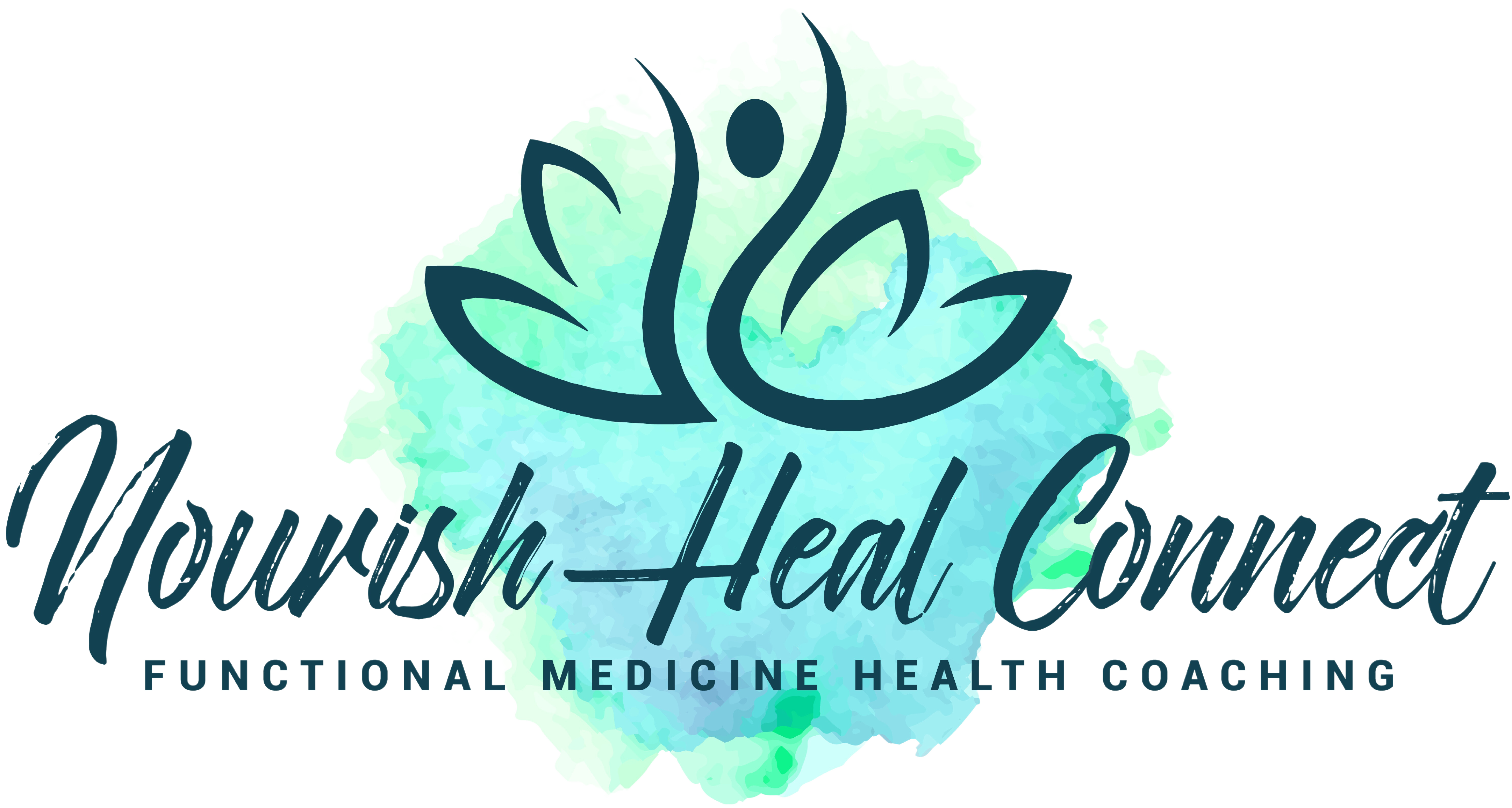Top 3 mistakes that people make when it comes to using food as medicine
Are you using food as medicine to combat autoimmune conditions, but still struggling to see the results you expected?
You’re not alone.
In fact, there are three common mistakes people make when it comes to using food as medicine, and they can be the difference between healing and continuing to suffer.
With the right knowledge and approach, you can make food work for your body and take control of your health.

More than just calories
Food is not just about satisfying our hunger or taste buds.
It’s also a powerful tool that can help us manage chronic illnesses, such as autoimmune conditions.
However, it’s important to be mindful of the choices we make and avoid some common mistakes that many people make. In fact, later on in this post I have shared the top 3 mistakes people make when using food as medicine and how you can avoid them.
The thing is, food is more than just a source of sustenance.
It’s also a powerful tool that can help us manage chronic illnesses, such as autoimmune conditions. Many people with chronic illnesses turn to food as a way to alleviate symptoms, improve their overall health, and reduce reliance on medication. However, using food as medicine requires careful consideration and planning to be effective.
Each person has unique nutrient requirements
Keeping this in mind is essential when incorporating a new diet.
There is no one-size-fits-all approach to using food as medicine. Each person’s body and health condition are unique, and what works for one person may not work for another.
This is where a Health Coach or another professional can help you in figuring out what are the best foods for you and which ones you need to avoid. I have written about how food can be used as medicine in more detail earlier and you can read it here.

Pitfalls of an extremely restrictive diet
However, if we are not sure about which foods to remove and why, we can often end up with an extremely restrictive diet that can aggravate our symptoms.
In the case of severe chronic illnesses, this can often be a huge setback. Not only in terms of our health but also in terms of our confidence in using food as medicine.
This is why I have shared below some of the pitfalls of an extremely restrictive diet that has not been customised for your unique dietary requirements.
- Nutrient deficiencies: An excessive diet can lead to nutrient deficiencies if certain food groups are eliminated or severely restricted. This can lead to a range of health problems over time.
- Disordered eating habits: Excessive dieting can also lead to disordered eating habits, such as an unhealthy preoccupation with food and weight, which can take a toll on mental and emotional health.
- Physical health risks: Extreme dieting can also have physical health risks such as malnutrition, dehydration, electrolyte imbalances, and weakened immune function.
- Reduced quality of life: An excessive diet can take the joy out of eating and socializing with others, which can reduce overall quality of life.
- Negative impact on metabolism: An excessive diet can slow down metabolism, making it harder to lose weight or maintain a healthy weight over time.
Using food as medicine is not just about what you eat, but also about how you eat, when you eat and why you eat. Ignoring these crucial factors can lead to the top three mistakes people make when trying to use food as medicine.
If you want to know more about the science of food, and how different types of food affect the body, then check out this book by Dr Mark Hyman called “Food: What the Heck Should I Eat?”

Top 3 mistakes that people make when using food as medicine
And finally, I have shared below the top 3 mistakes people make when using food as medicine and how you can avoid them.
When it comes to managing chronic illnesses, food can be a powerful ally for you. Certain foods provide anti-inflammatory benefits, boost the immune system, and improve overall health.
However, it’s important to remember that food is just one piece of the puzzle. Other lifestyle factors, such as exercise, stress management, and sleep, are also critical for managing chronic conditions that take into account your individual needs and lifestyle.
Given below are the top 3 mistakes people make when using food as medicine.
You can avoid making these mistakes by first understanding what they are doing wrong. If necessary, work with a healthcare professional who can guide you every step of the way and personalise the process for you.
1.Changing too many things in their diet too soon: People with chronic illnesses often look to food as a way to manage their symptoms or improve their overall health.
However, it’s important to make changes gradually, especially when dealing with autoimmune conditions that can be sensitive to dietary changes. It’s important to create a personalized plan that suits your individual needs and lifestyle.
2.Focusing too much on individual foods: While some foods may have specific health benefits for people with autoimmune conditions, it’s important to remember that a balanced diet is key.
For example, while certain diets, such as the autoimmune protocol (AIP) diet, may provide some relief for some people with autoimmune conditions, it’s not a one-size-fits-all approach. Some people may benefit from certain foods while others may not.
3. Neglecting the importance of other lifestyle factors: While diet can play a significant role in managing symptoms of autoimmune conditions, other lifestyle factors are also crucial.
Stress management, regular exercise, and adequate sleep are all essential for managing chronic illness. It’s important to address all aspects of your lifestyle and create a comprehensive plan for managing your autoimmune condition.
As Dr Andrew Weil had said
“Food is medicine, and the right kind of food can help you in your journey towards optimal health.”
